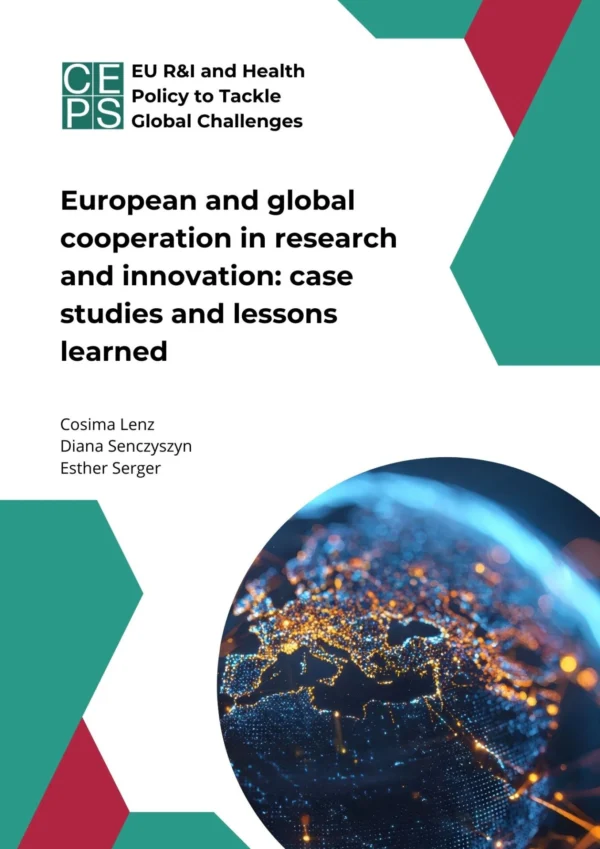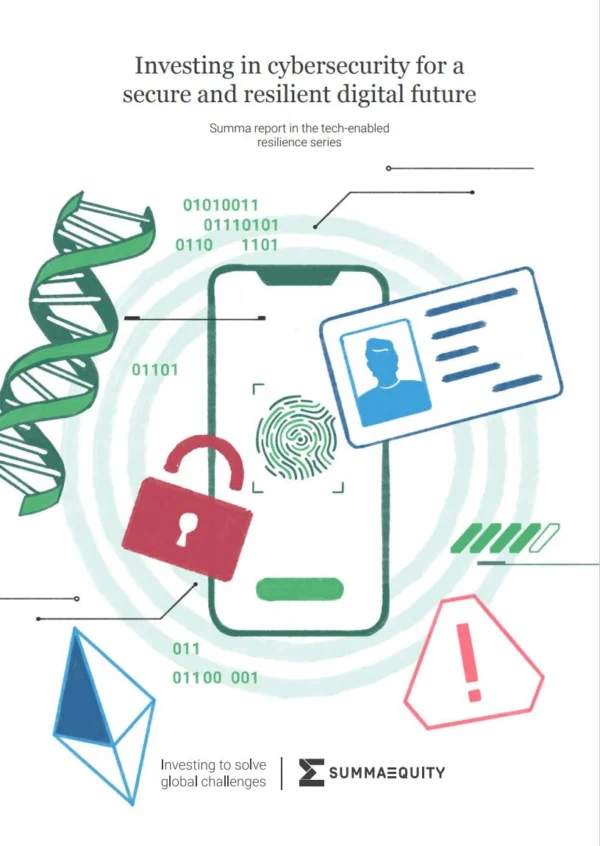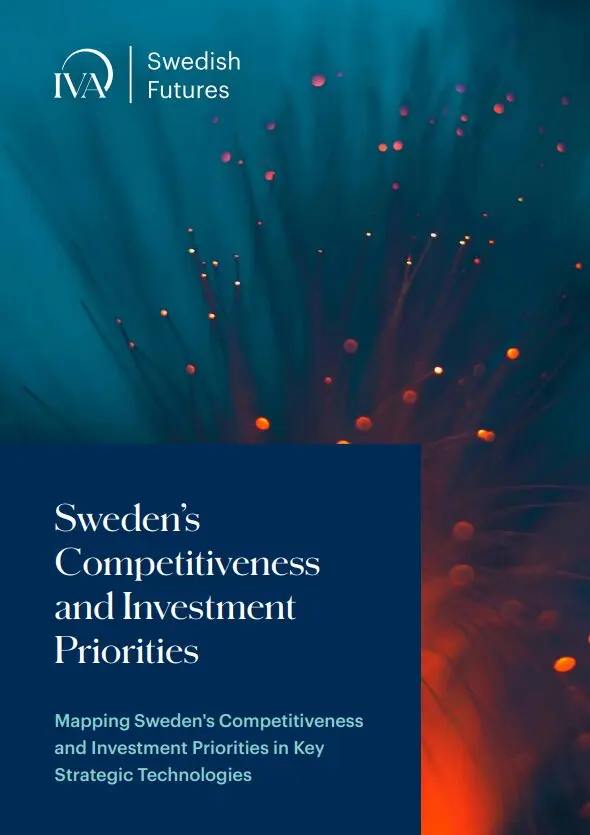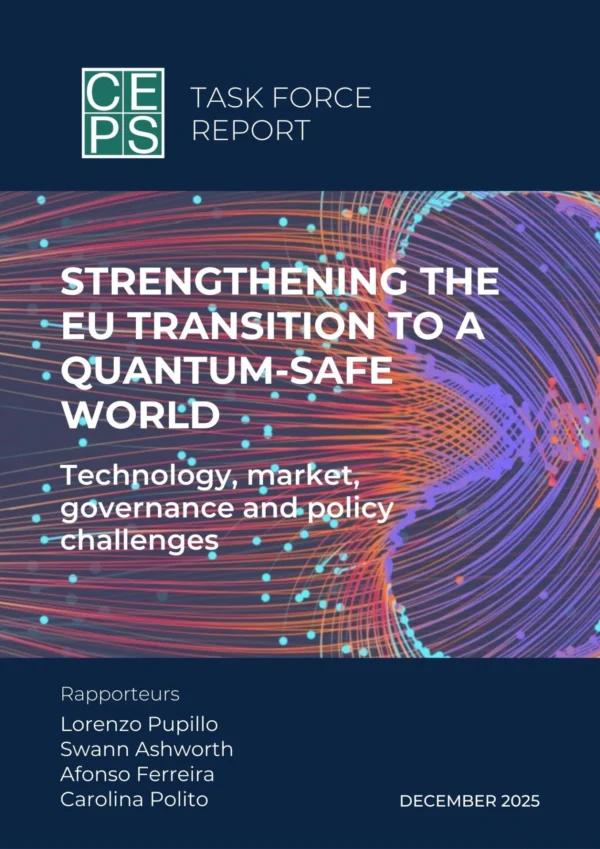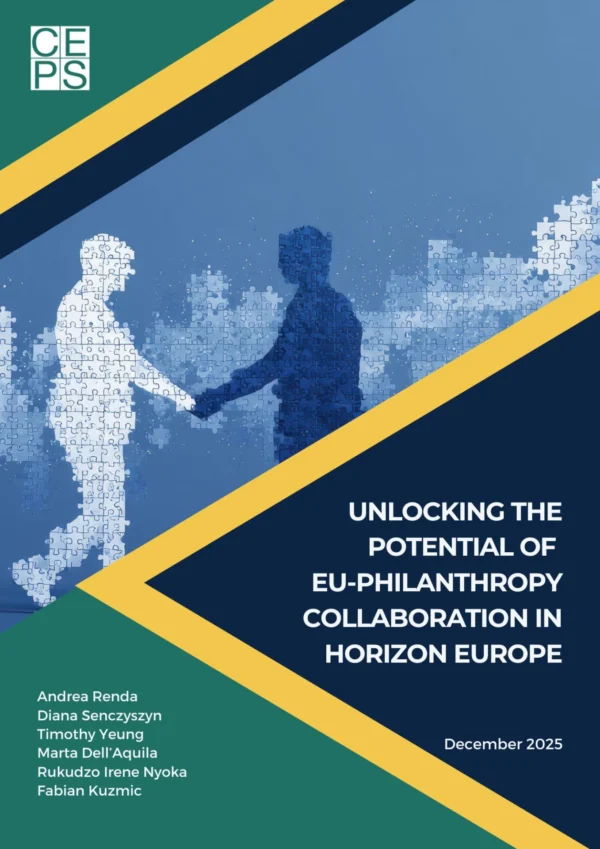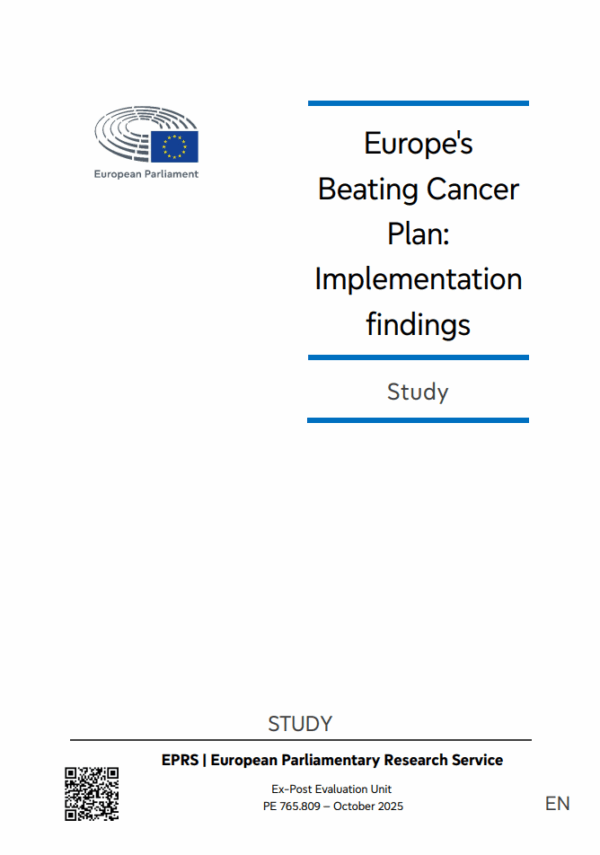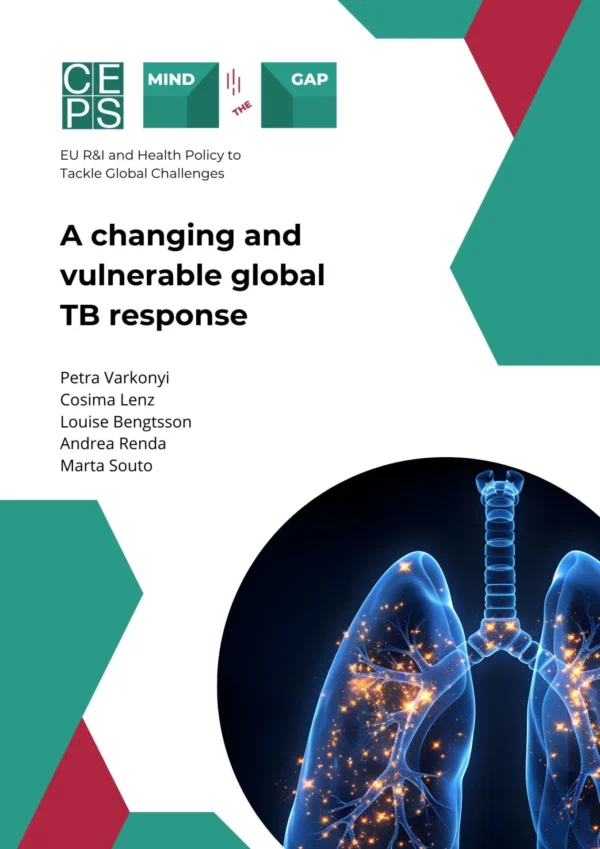Today’s global challenges, such as climate change, health threats or biodiversity loss, are too complex for any single actor to solve alone. Multi-stakeholder partnerships are essential for mobilising collective knowledge, resources, and action across sectors and borders. They bring together global public and private actors to co-create solutions with global relevance.
The EU has a strong track record of research and innovation (R&I) partnerships through its Framework Programmes. However, the global and multi-stakeholder dimensions of these partnerships are not fully exploited. Preparations for the EU’s 10th Framework Programme (FP10) provide an opportunity to reflect on the design, reach, and impact of R&I partnerships.
Based on a series of EU and global case studies, this report highlights the need for a more strategic, inclusive, and sustainable approach to collaboration on R&I. The selected case studies show that common enablers of impactful partnerships include clear alignment with strategic priorities and policy agendas. Such partnerships also feature multi-stakeholder representation, blended financing, local ownership, and responsiveness to crises. Common challenges include administrative complexity, fragmented funding, limited legal flexibility, and the under-representation of partners from low- and middle-income countries (LMICs).
If you would like to have a closer look at this paper’s dedicated annexes, please click here.
For a CEPS commentary that summarises many of the issues discussed in this study, please click here.
To read all publications in the ‘EU R&I and Health Policy’ series, please click here.
